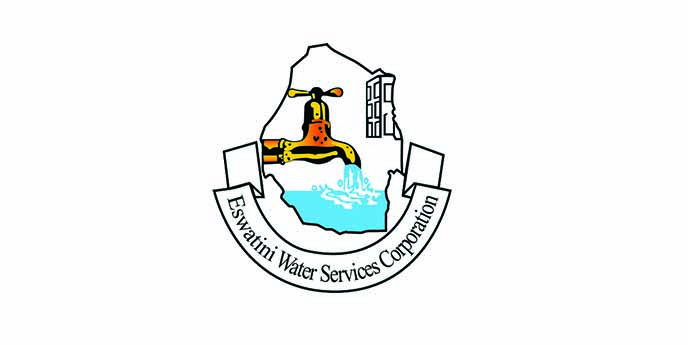
Service Companies of Eswatini
Eswatini, a small landlocked kingdom in Southern Africa, has a growing service sector that plays a crucial role in its economy. This sector encompasses various industries, including tourism, telecommunications, financial services, and transportation. Below is an overview of the primary service companies and sectors operating in Eswatini.
Tourism
Tourism is a significant contributor to Eswatini’s economy, attracting visitors with its rich cultural heritage, wildlife reserves, and beautiful landscapes. Key companies in this sector include:
1. Swazi Trails: A well-known tour operator offering guided tours, adventure activities, and cultural experiences across the country.
2. Hlane Royal National Park: This park is managed by the Big Game Parks organization, which provides wildlife experiences and eco-tourism opportunities.
3. Eswatini Tourism Authority (ETA): While not a company per se, the ETA promotes tourism in Eswatini, developing marketing strategies and supporting local businesses in the tourism industry.
Telecommunications
The telecommunications sector in Eswatini has evolved significantly, with several companies providing mobile, internet, and other communication services:
1. MTN Eswatini: A subsidiary of the MTN Group, this company offers mobile communication services, including voice, data, and mobile money services.
2. Eswatini Mobile: This operator provides competitive mobile services, aiming to expand access and improve connectivity throughout the country.
3. Swazi Telecom: A government-owned company that provides fixed-line services, broadband internet, and other telecommunications solutions.
Financial Services
The financial services sector in Eswatini is comprised of banks, microfinance institutions, and insurance companies that cater to the needs of both individuals and businesses:
1. Standard Bank Eswatini: A leading commercial bank offering a wide range of financial products, including personal banking, business banking, and investment services.
2. First National Bank (FNB) Eswatini: Another major bank providing retail and corporate banking services, with a focus on customer service and innovative financial solutions.
3. SwaziBank: A development finance institution aimed at supporting small and medium enterprises (SMEs) and promoting economic growth in Eswatini.
Transportation Services
Transportation services are vital for facilitating trade and mobility within Eswatini and its neighboring countries:
1. Swaziland Railways: The national railway operator provides freight and passenger transport services, connecting Eswatini to regional markets.
2. Eagle Car Rentals: A local car rental company that offers a range of vehicles for tourists and business travelers.
3. Eswatini Bus Services: Various bus companies operate within the country, providing affordable public transport for commuters.
Healthcare Services
The healthcare sector in Eswatini comprises public and private providers working to deliver quality health services:
1. Royal Swaziland Sugar Corporation (RSSC) Hospitals: The RSSC operates clinics and hospitals that serve employees and the surrounding communities.
2. Bulembu Hospital: A private hospital offering comprehensive medical services, including general practice, surgery, and maternity care.
3. Public Health Facilities: The government manages numerous clinics and hospitals across the country, providing essential health services to the population.
Education Services
Education is another vital service sector in Eswatini, with various institutions providing quality education from primary to tertiary levels:
1. University of Eswatini: The main higher education institution in the country, offering undergraduate and postgraduate programs across multiple disciplines.
2. Eswatini College of Technology: Provides vocational training and education in technical fields, aiming to equip students with relevant skills for the job market.
3. Private Schools: Numerous private primary and secondary schools offer alternative educational options, often with different curricula and teaching approaches.
Conclusion
The service sector in Eswatini is diverse and plays a significant role in the country’s economic development. As the nation continues to grow, investments in infrastructure, technology, and human resources will be crucial for enhancing the capabilities and competitiveness of these service companies. With its unique cultural heritage and beautiful landscapes, Eswatini has the potential to expand its service offerings, particularly in tourism and hospitality, contributing to sustainable economic growth.



Leave a Reply